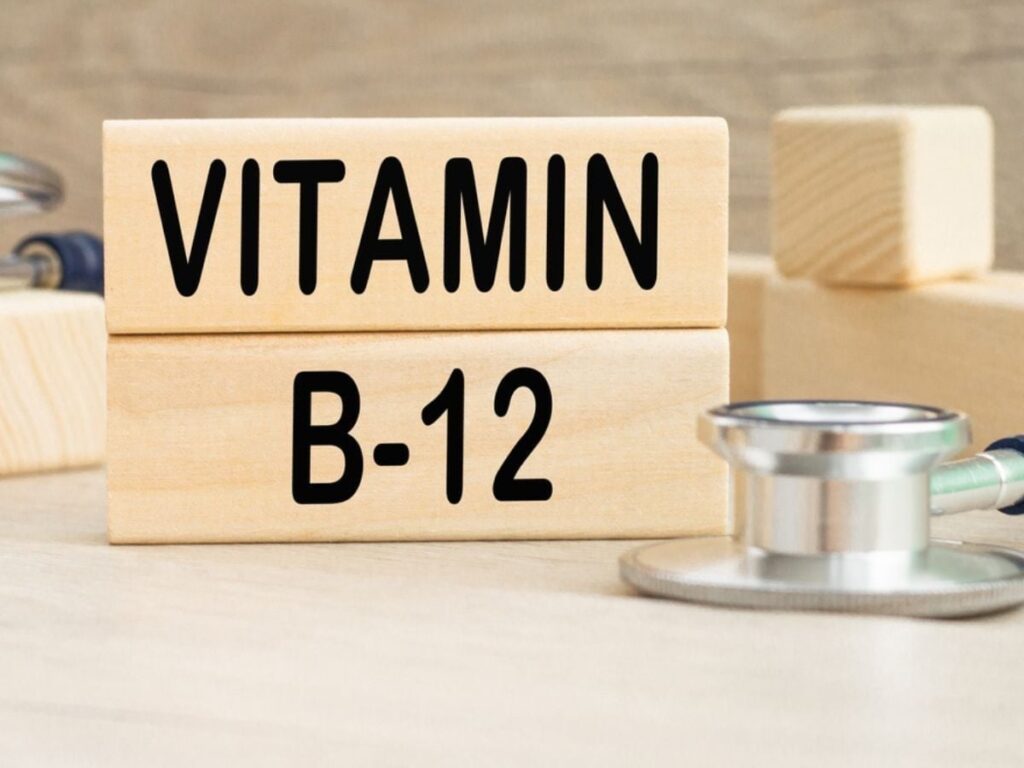Vitamin B12 is an essential nutrient that plays a critical role in maintaining the health of the nervous system. A deficiency in this vitamin can lead to serious health issues, including nerve damage, cognitive decline, and other complications. Understanding the signs of vitamin B12 deficiency and the importance of adequate intake can help individuals take proactive measures to prevent potential health problems.
Understanding Vitamin B12
Vitamin B12, also known as cobalamin, is a water-soluble vitamin that is crucial for the production of red blood cells, DNA synthesis, and the proper functioning of nerve cells. It is primarily found in animal-based food sources, which may pose a risk for individuals following vegetarian or vegan diets, as well as those with certain medical conditions that affect absorption.
Sources of Vitamin B12
| Food Source | Vitamin B12 Content (per 100g) |
|---|---|
| Beef liver | 83.1 µg |
| Fish (e.g., salmon, trout) | 4.9 µg |
| Dairy products (e.g., milk, yogurt) | 0.9 µg |
| Fortified cereals | 4.5 µg |
| Eggs | 0.6 µg |
Signs and Symptoms of Vitamin B12 Deficiency
It is crucial to recognize the early signs of vitamin B12 deficiency to address it promptly. Common symptoms include:
- Fatigue: A common and early indication of low B12 levels due to reduced red blood cell production.
- Pale or Jaundiced Skin: A deficiency can affect the color of your skin, leading to paleness or a yellow tint.
- Nerve Problems: Tingling or numbness, especially in the hands and feet, often arises when B12 levels are insufficient.
- Cognitive Impairments: Difficulty concentrating, memory problems, and confusion can be linked to B12 deficiency.
- Mood Changes: Increased risk of mood disorders, such as depression and anxiety, may be associated with low B12 levels.
Risk Factors for Vitamin B12 Deficiency
Certain populations are at greater risk of developing a deficiency:
- Vegetarians and vegans who lack dietary sources of B12.
- Older adults, as the body’s ability to absorb vitamin B12 decreases with age.
- Individuals with gastrointestinal conditions (e.g., Crohn’s disease) that affect nutrient absorption.
- Patients undergoing certain surgeries, such as gastric bypass, that alter the digestive tract.
Preventing and Treating Vitamin B12 Deficiency
Prevention and treatment strategies involve dietary adjustments and, if necessary, supplementation:
- Dietary Inclusion: Incorporate B12-rich foods, such as meats, fish, dairy, and fortified cereals into your diet.
- Supplementation: Vitamin B12 supplements are available over-the-counter, and individuals at high risk should consider consulting a healthcare provider for personalized recommendations.
- Regular Testing: People at risk should have their B12 levels regularly monitored to catch deficiencies early.
Conclusion
Vitamin B12 is vital for the health of the nervous system and overall bodily functions. Recognizing the signs of deficiency early can facilitate timely intervention, thereby preventing long-term health issues. By ensuring adequate intake through diet or supplementation, individuals can maintain optimal health and well-being.
